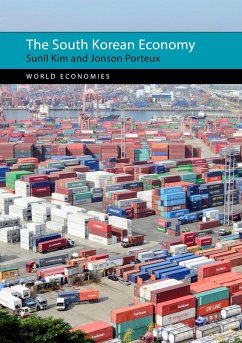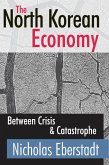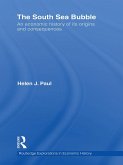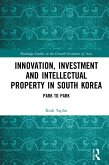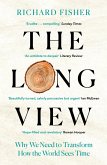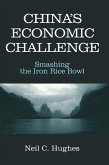South Korea has the tenth largest economy in the world and is one of only two Asian members of the OECD. It has achieved this remarkable level of economic development since its independence from Japan in 1945. Indeed, it has achieved this transformation, exceptional for any postcolonial state, despite one of the most brutal fratricidal conflicts fought since the Second World War. Sunil Kim and Jonson Porteux chart this astonishing economic and political development and explain the puzzle that is the South Korean economy.
The authors examine how South Korea has developed a highly innovative economy based on advanced technologies and infrastructure - counter-intuitively, given its postcolonial legacy of military leaders and lack of fully developed free markets. The longstanding family-owned and run industrial conglomerates - the chaebol - characteristic of the Korean economy are shown to have been behind the shift to high-tech industrialization, albeit under the strict influence of the state. The challenges of increased global interconnectedness, the precarious and fragile relationship with North Korea, the slowdown of domestic demand, recent assaults on the chaebol and their families, together with the impact of the Covid-19 pandemic, are furthermore addressed.
The book offers new insights and frameworks for understanding the fascinating history and future trajectory of South Korea's political economy as well as the causes and consequences of industrialization and democratization more generally.
The authors examine how South Korea has developed a highly innovative economy based on advanced technologies and infrastructure - counter-intuitively, given its postcolonial legacy of military leaders and lack of fully developed free markets. The longstanding family-owned and run industrial conglomerates - the chaebol - characteristic of the Korean economy are shown to have been behind the shift to high-tech industrialization, albeit under the strict influence of the state. The challenges of increased global interconnectedness, the precarious and fragile relationship with North Korea, the slowdown of domestic demand, recent assaults on the chaebol and their families, together with the impact of the Covid-19 pandemic, are furthermore addressed.
The book offers new insights and frameworks for understanding the fascinating history and future trajectory of South Korea's political economy as well as the causes and consequences of industrialization and democratization more generally.
Dieser Download kann aus rechtlichen Gründen nur mit Rechnungsadresse in A, D ausgeliefert werden.

